Uploading your Music on Gbedu
You can quickly get your music on Gbedu by following the steps below:
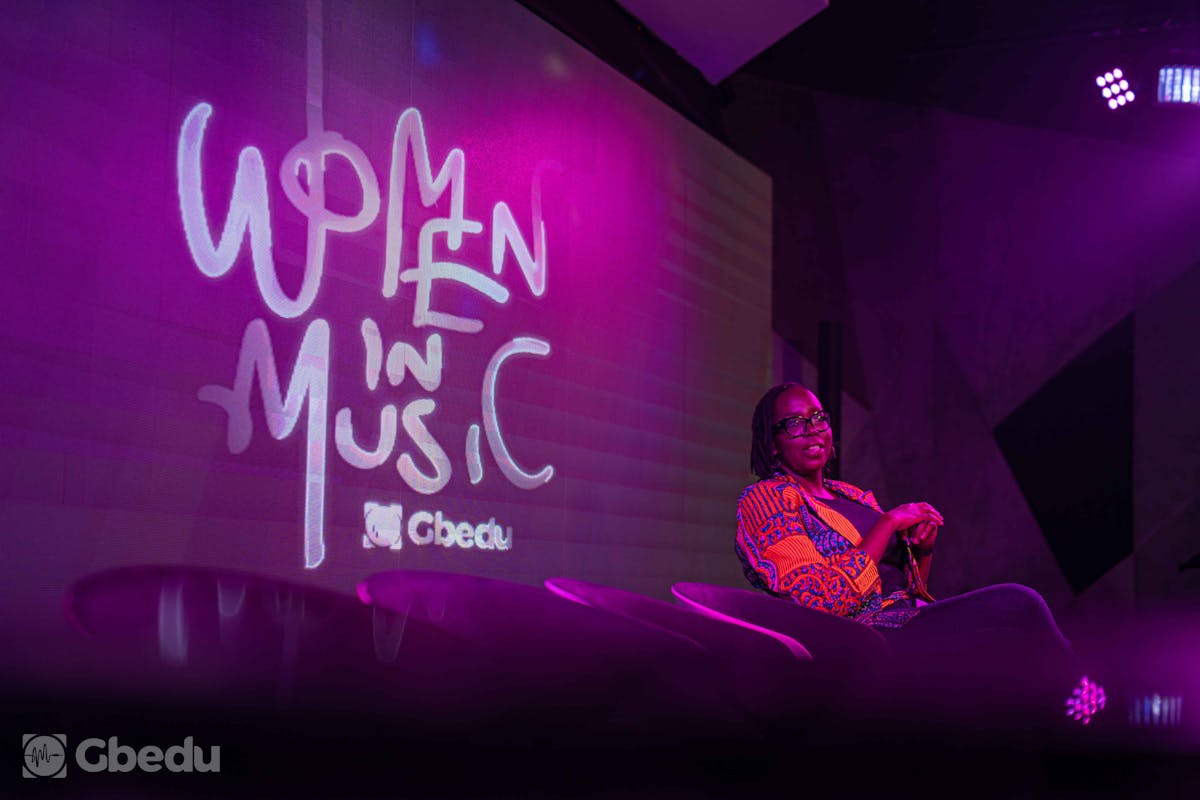
Over the years, the Nigerian music industry has evolved tremendously becoming a mining ground filled with talents. It has also played a major role in the global music scene. We constantly have artists dishing a healthy blend of Nigerian culture in music alongside foreign influences. This in turn has spurred international interest in the music industry.
Undoubtedly, the success of Nigerian music can mostly be traced to the rich mix of the genre of music. Afrobeat, Afropop, afro hip hop, juju music, reggae, raga, hip hop, jazz, techno, rock, gospel or folklore. This has fast become the country's cultural export.
However, coming straight home, there is a need for gender diversity in the Nigerian music industry. The inclusivity of women in the industry has been significantly low. The Nigerian music industry has been male-dominated from inception and has only made room for a few women.
Also, on the representational spectrum, women are portrayed in a demeaning light and objectified. Some might call it a cultural mindset as the Nigerian music industry is not the only sector lacking female inclusion.
Regardless, female artistes deserve an enabling environment, equal inclusion, and an equitable platform to work and pursue their musical careers. With this in mind, the big question remains, ’what actionable steps can the industry take to change this problematic dynamic?’
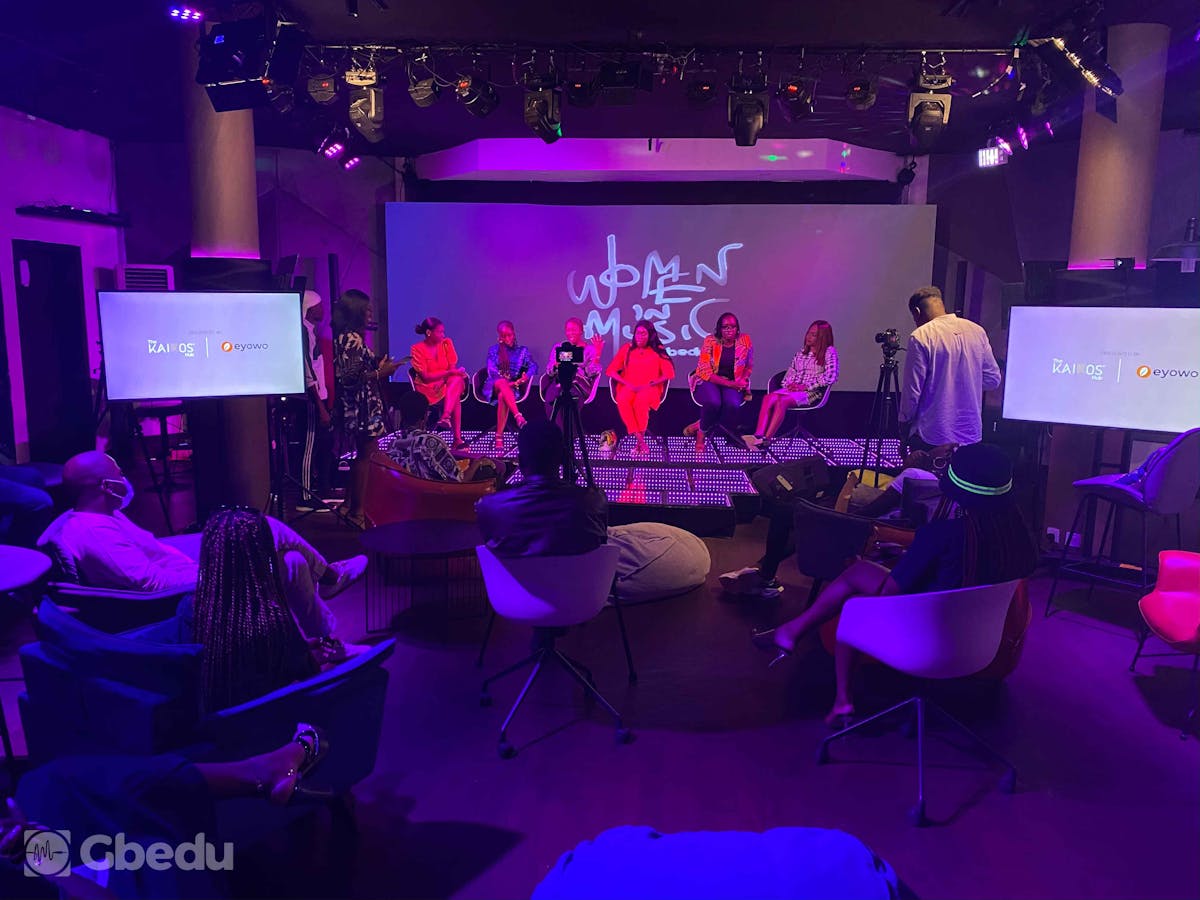
Women in Music
‘Women in Music’ is a series of panel and evaluative events geared at not just initiating conversations about female inclusion in the African music scene but also developing strategic work plans to make this a reality in no time starting with Nigeria.
Truth be told, most African societies are still far from being gender-neutral and the status of women, in general, is not yet equal to that of men. This is evident in the African music scene and addressing this is the goal of the 'Women in Music’ Initiative.
The conversation regarding Gender Inclusion in today's world mostly revolves around ’recognition and participation’ which will culminate into gender mainstreaming. The ’Women in Music’ Initiative is aimed at rewriting the status quo, reimagining women’s reputation in music, and encouraging balance.
The Panelists
Women in Music hosted some female music-practitioners in key areas such as music distribution, label, legal, artiste management, and public relations services.
From their years of professional experience, they critically evaluated the Nigerian Music industry in an effort to pinpoint the continual challenges that foster a more male-dominated industry. Their goal is to create a structured projection that powers a more female inclusive industry.
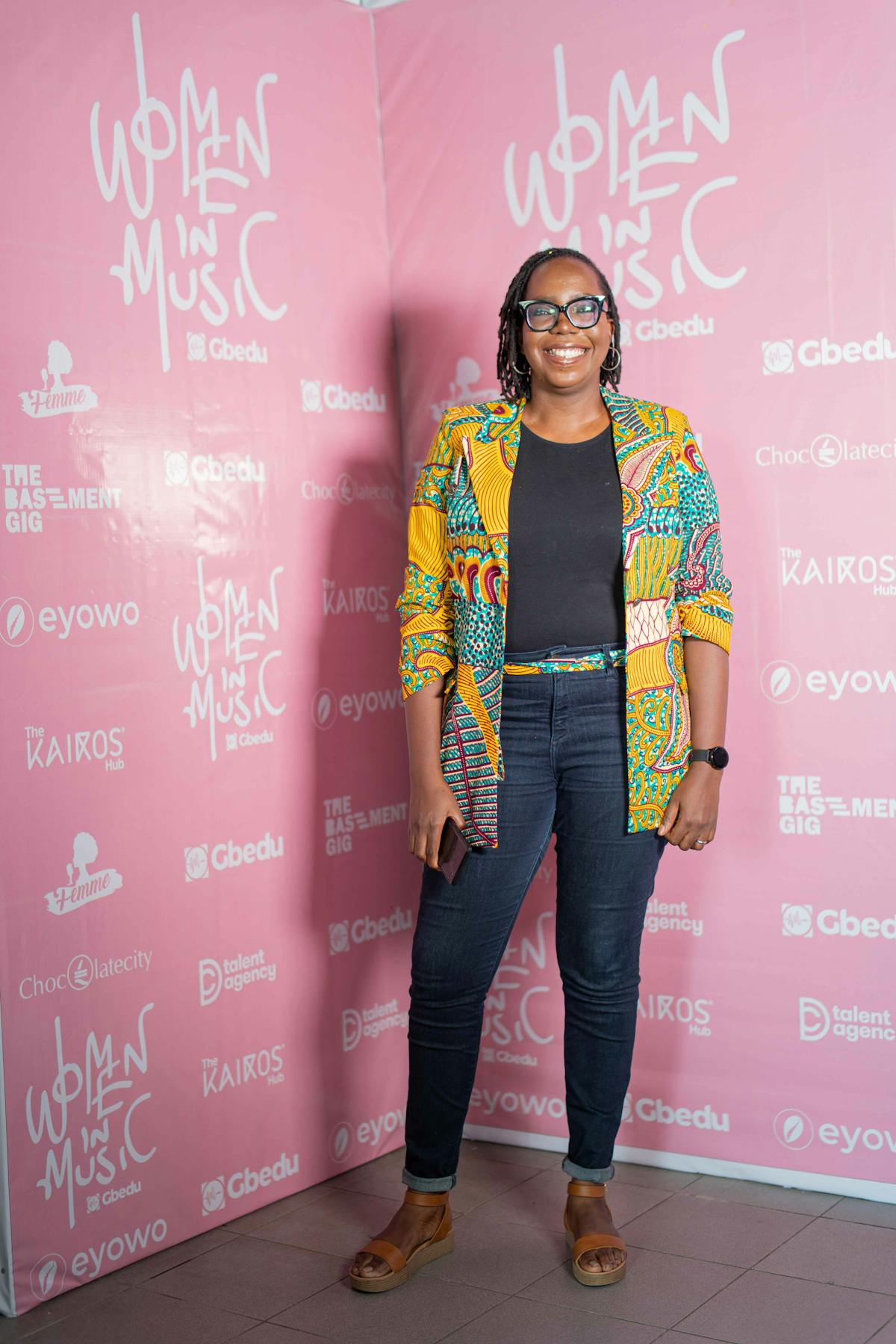
Osagie Osarenz - Country Manager - OneRPM
Osagie is a talent manager with about 16 years of experience. She is the founder of TheZoneAgency and TheBasementGig, entertainment and talent management agencies. She is also the co-founder of GosiTV and the Country Manager for ONErpm.
She spoke about Digital Distribution in Africa’s music industry. Music distribution basically entails the link between your finished record and your future fans. Distribution is an essential aspect of music promotion as it determines how artists and record labels get their music to the listeners.
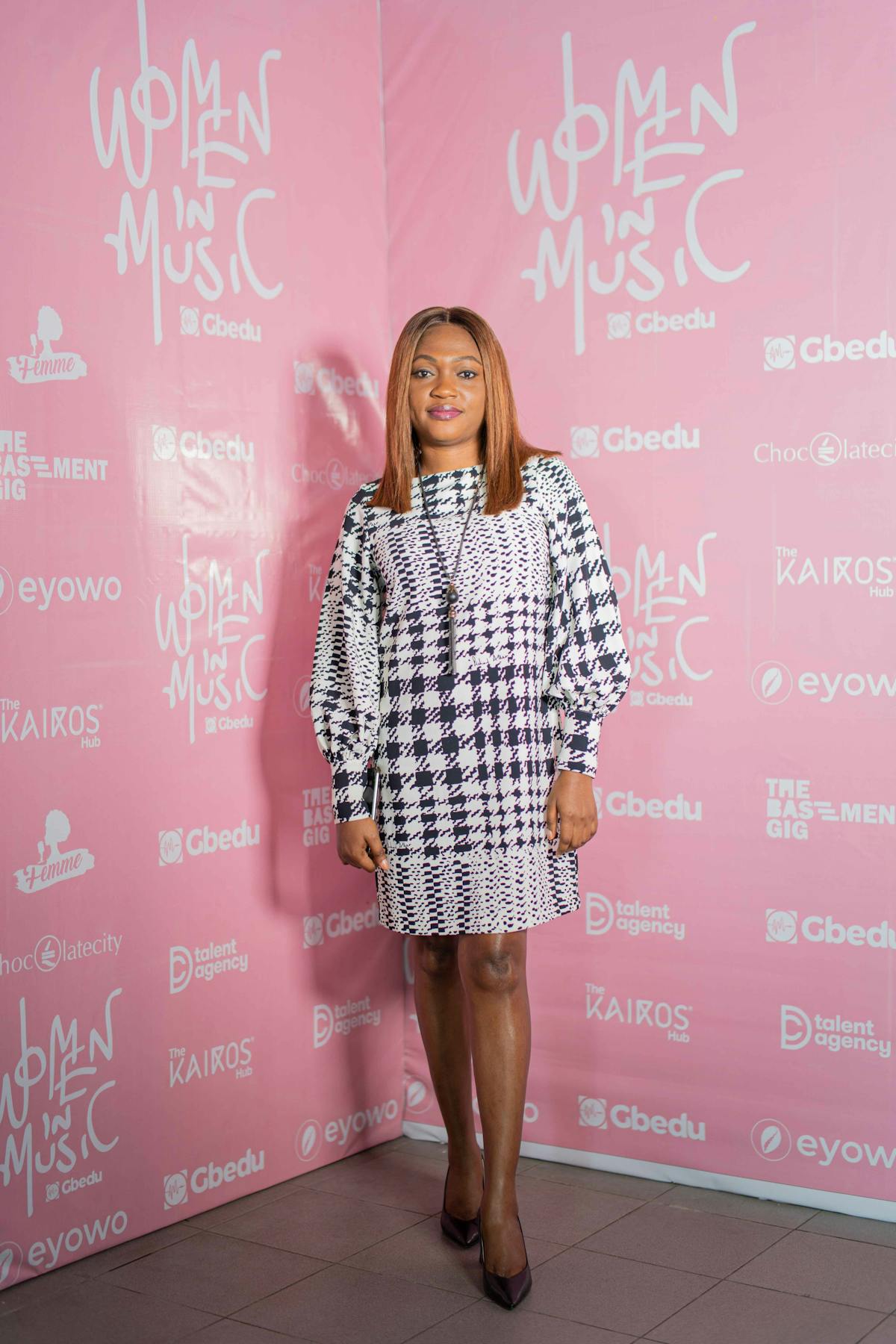
Yemisi Falaye (Senior Counsel - ACAS LAW)
Yemisi Falaye is an Entertainment Lawyer. She works with the prestigious law firm of Adepetun Caxton-Martins Agbor & Segun and heads the Entertainment Law Group of the firm.
Yemisi will talked about everything in relation to intellectual property such as trademarks, copyright and right to publicity. Also stressed on why more females lawyers need to look into entertainment law to drive inclusion.
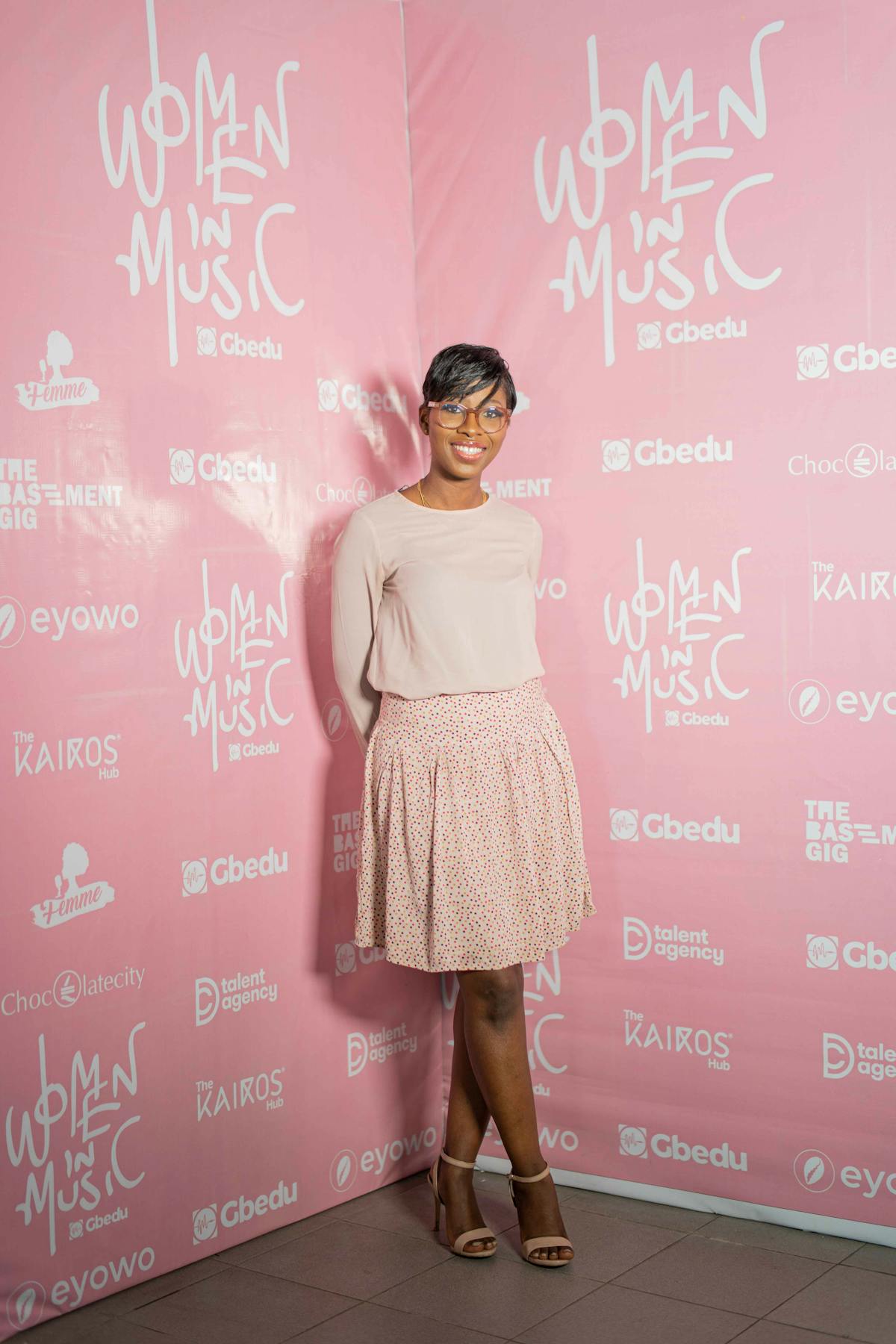
Aibee Abidoye (Executive V.P Chocolate City Music)
Aibee Abidoye is a lawyer and Music Business Executive. She is also expert in music licensing, distribution, and publishing of indigenous music content for film and television.
She will be spoke about important roles Record Labels play in scaling an artist career. covering the key areas which are Financing, Marketing, Promotion, Sales, Distribution, Logistics, Sync, Rights Management, and Reporting (sales & analytics)
Chidinma is the co-founder at The Link Deeds Company, an Entertainment Consulting business that provides managerial representation and consultation for Talent.
She will be offering advice and answering questions associated with professional representatives and advising for a musician or band. This will also involve negotiating contracts and setting up tours.
Kemi Owatemi, popularly known as “Kemi Smallzz” is a multi-award-winning On-Air Radio Presenter, Voice Over Artist, Budding Actress, and TV Presenter.
She will be addressing Offline Media which is all about advertising using television, billboard ads and radio
Ayomide is the founder of Femme Africa, an entertainment company established to create opportunities for women in the African creative industry.
Ayomide will be dissecting entertainment events and everything it entails.
Ibinye is the Product Manager at Eyowo, where she coordinates, leads and manages teams who develop software as a service (SaaS) products and mobile apps in the FinTech space.
She will be discussing Finance for creatives. How female artists can get funds to promote their music and all about their revenue.
That being said, here are some key learning points that will be addressed during this event
• Are their efforts being recognised?
• Are they unappreciated?
• Are they less skilled or equipped than their male counterparts?
• Are trail-blazing females recognised adequately?
The importance of female inclusion in the African music industry cannot be overemphasized. However, until some of the core beliefs that encourage a male-dominated industry are altered, women will continue to face a roadblock as they navigate their careers.
Latest News